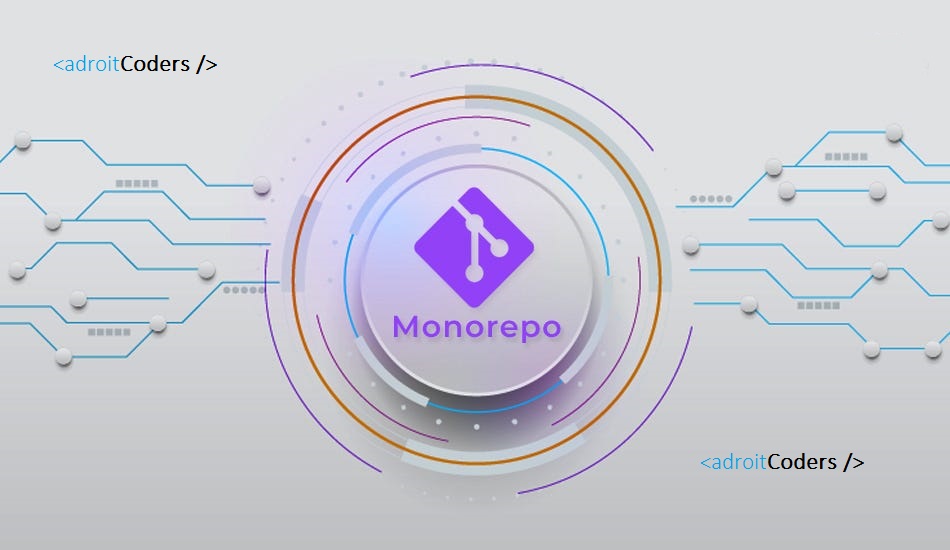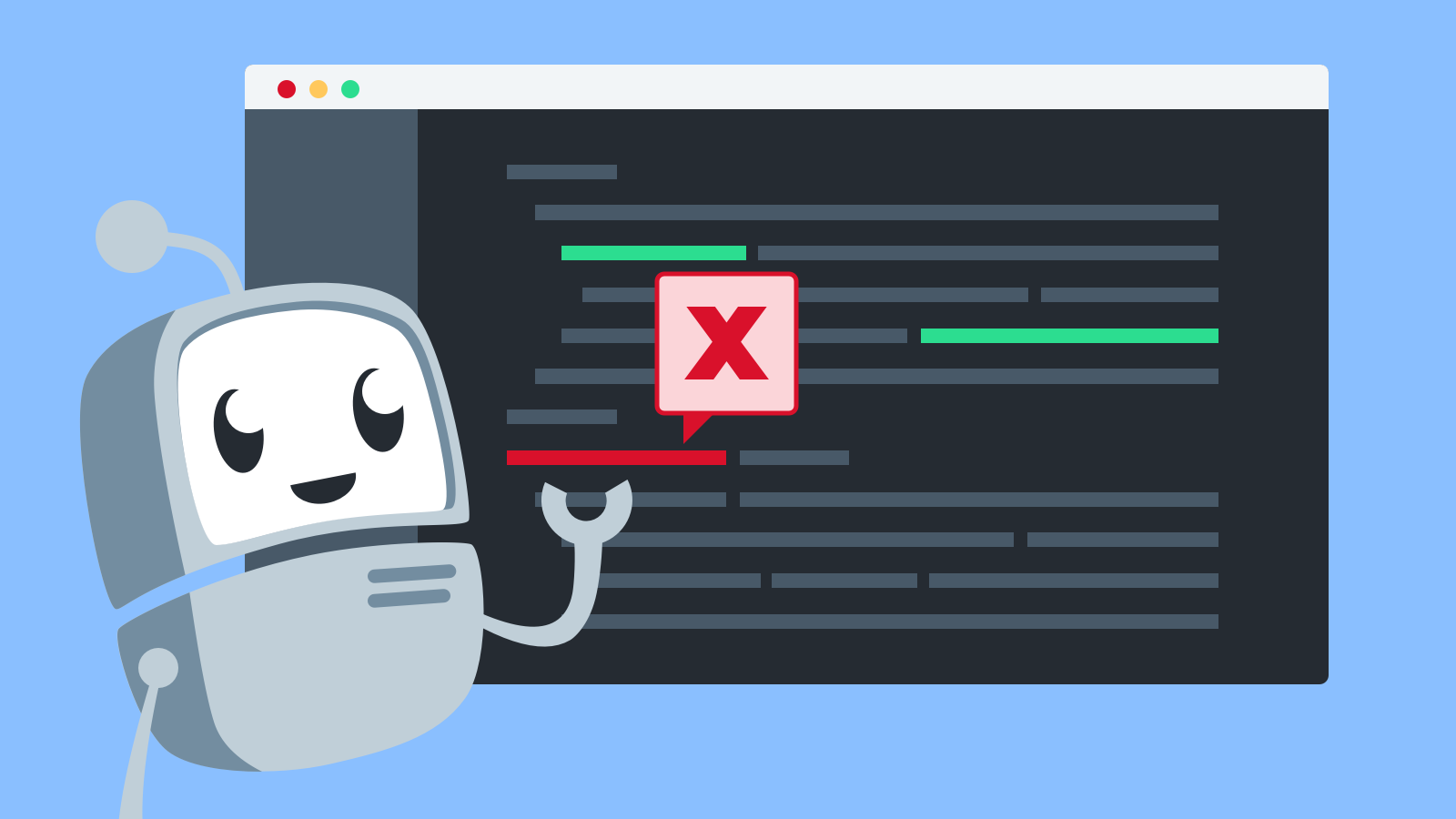When choosing between MySQL (or its fork MariaDB) and PostgreSQL as your relational database management system (RDBMS), several factors should be considered. Here are some key factors to help you make an informed decision:
1. Data Model and SQL Support:
– MySQL/MariaDB: MySQL is known for its simplicity and ease of use. It has a more relaxed approach to SQL standards and offers a simpler data model. It is suitable for applications with straightforward data relationships and where strict adherence to SQL standards is not critical.
– PostgreSQL: PostgreSQL adheres more closely to SQL standards and offers advanced features and data types. It provides a richer set of SQL functionalities, including support for complex queries, advanced joins, and custom data types. It is suitable for applications that require robust SQL implementation and complex data modeling.
2. Performance and Scalability:
– MySQL/MariaDB: MySQL is often favored for its high-performance capabilities, especially for read-heavy workloads. It has efficient indexing, caching mechanisms, and optimized query execution. MySQL is widely used in web applications and environments that require fast response times.
– PostgreSQL: While PostgreSQL’s performance has improved significantly over the years, it may have a slight performance overhead compared to MySQL. However, PostgreSQL excels in handling complex transactions and write-intensive workloads. It offers advanced concurrency control and supports multi-version concurrency control (MVCC) for maintaining data integrity.
3. Data Integrity and Transactions:
– MySQL/MariaDB: MySQL provides ACID (Atomicity, Consistency, Isolation, Durability) compliance for transactions, but it primarily focuses on high-speed data retrieval. It has multiple storage engines, including InnoDB (default) and MyISAM, which offer different transactional and data integrity capabilities.
– PostgreSQL: PostgreSQL emphasizes data integrity and transaction support. It provides full ACID compliance and supports advanced transaction features like savepoints, nested transactions, and more. It ensures data consistency and integrity even in complex scenarios.
4. Extensibility and Advanced Features:
– MySQL/MariaDB: MySQL offers a range of storage engines, making it flexible for different use cases. It has a large ecosystem of plugins, extensions, and third-party tools. However, some advanced features like full-text search, advanced analytics, and spatial data capabilities may be limited or require specific storage engines.
– PostgreSQL: PostgreSQL is renowned for its extensibility and rich set of features. It supports a wide range of data types, including JSON, XML, and arrays. It provides built-in support for full-text search, advanced indexing options, geospatial data, and complex data operations. It has a well-documented extension system and a vibrant community contributing to various extensions.
5. Community and Ecosystem:
– MySQL/MariaDB: MySQL has a large user base and an extensive ecosystem. It benefits from being widely adopted, with many resources, tutorials, and community support available. It is backed by Oracle Corporation, which provides commercial support and additional features in MySQL Enterprise Edition.
– PostgreSQL: PostgreSQL has a strong and active open-source community. It offers comprehensive documentation, frequent updates, and a wealth of community-contributed resources. It has a reputation for being highly reliable and stable.
6. Specific Use Case Requirements:
Consider the specific requirements of your use case, such as the need for specific features (e.g., geospatial capabilities, JSON support), integration with specific frameworks or tools, compatibility with existing systems, and compliance requirements (e.g., GDPR, HIPAA). Assess how each database aligns with your use case requirements.


















